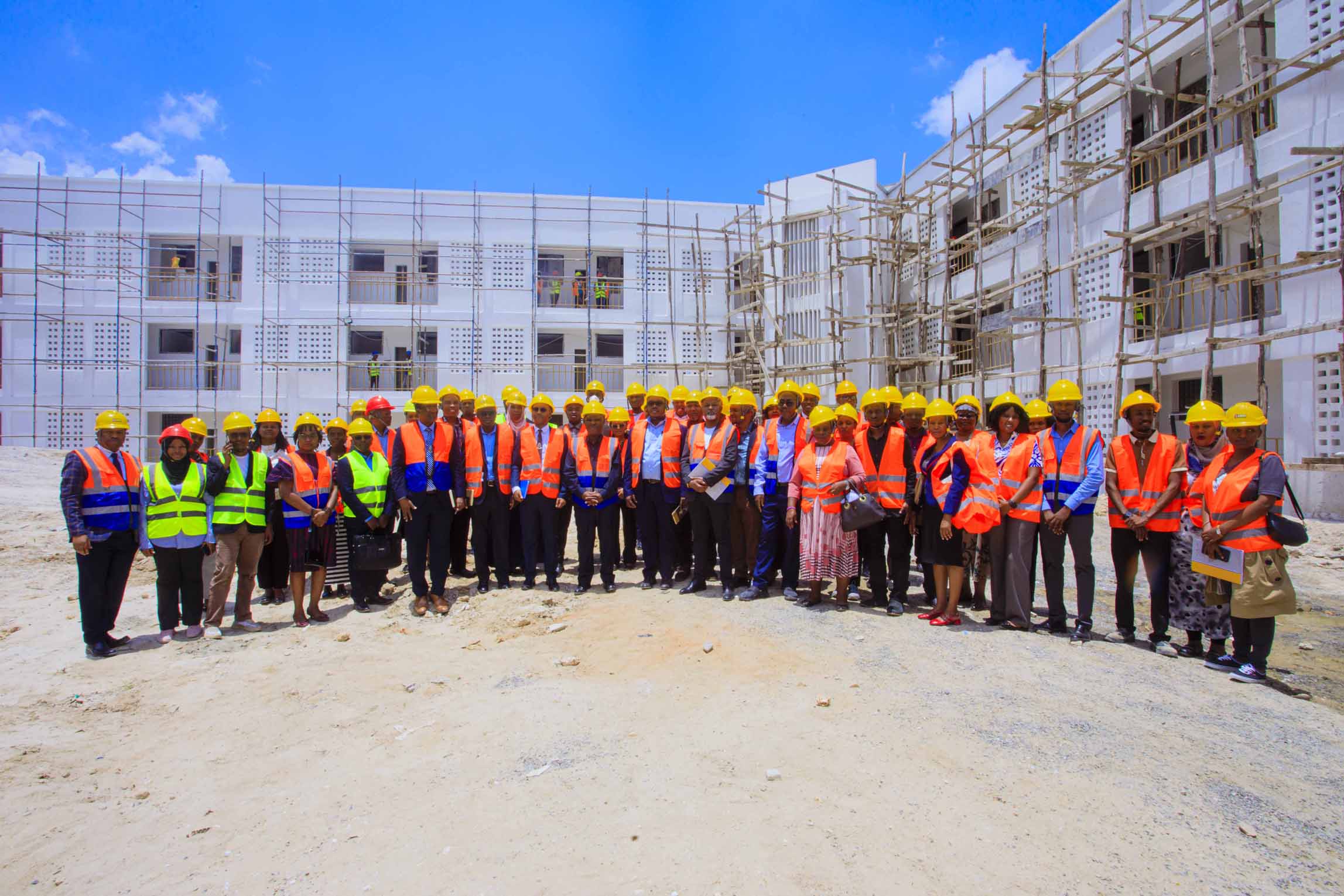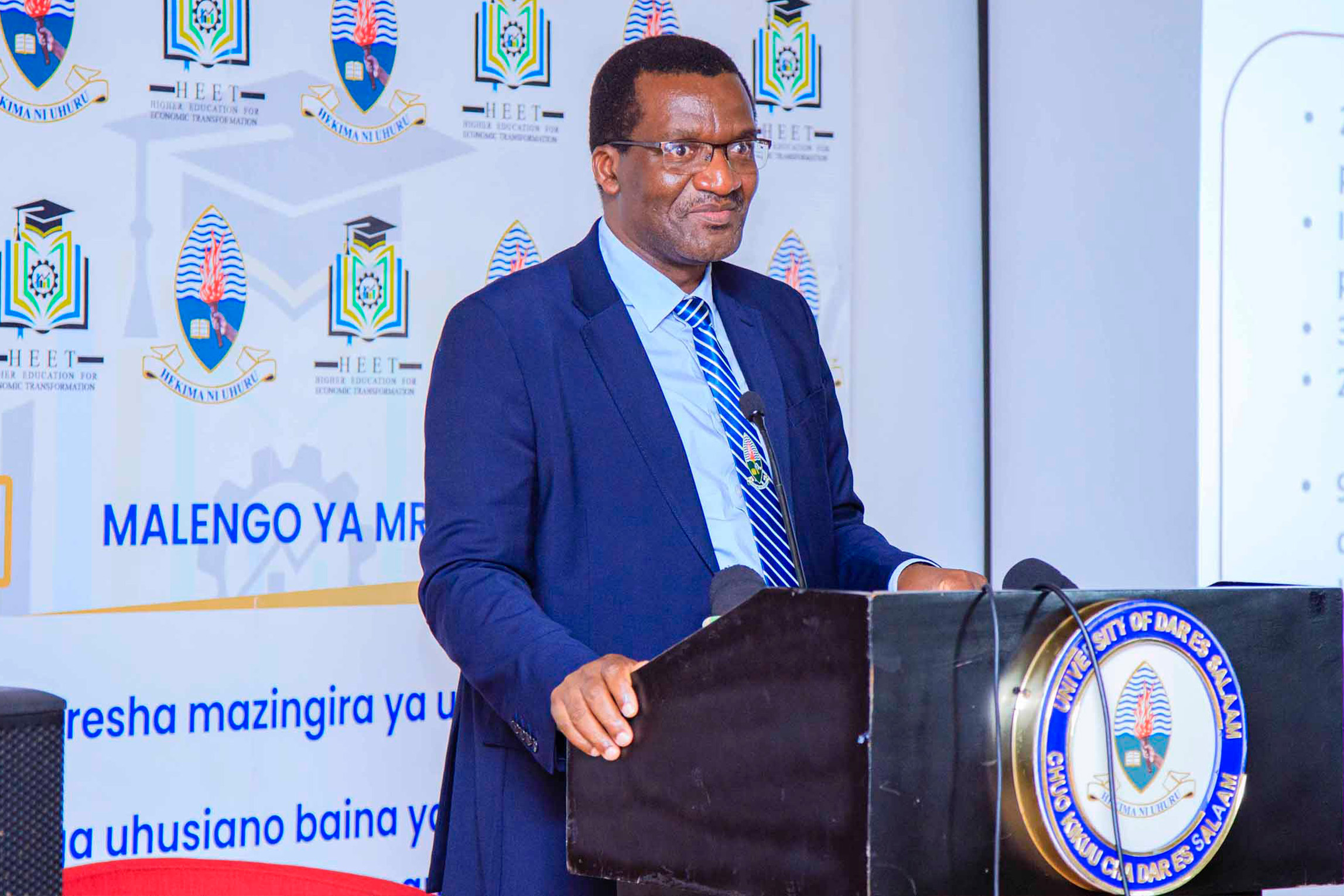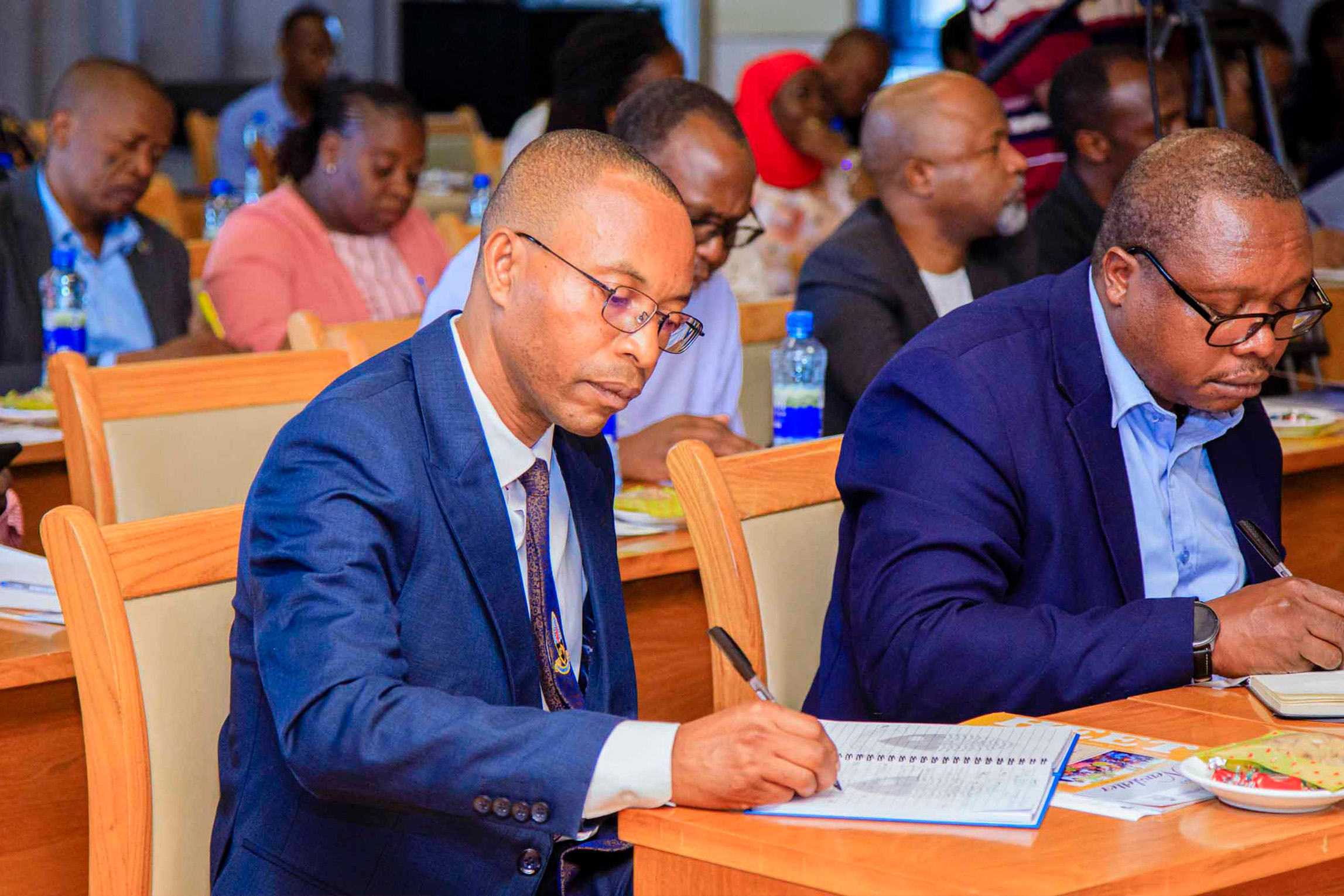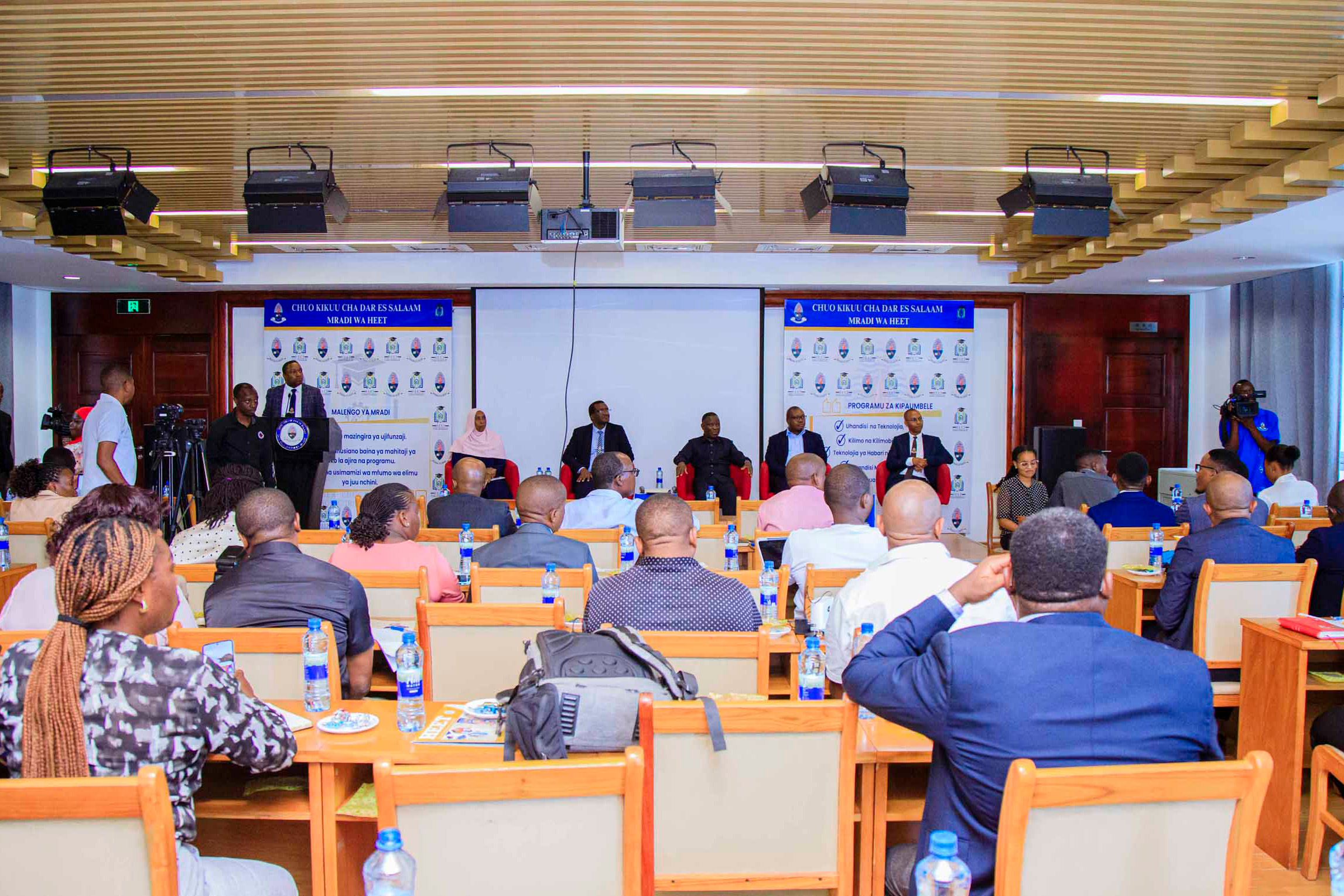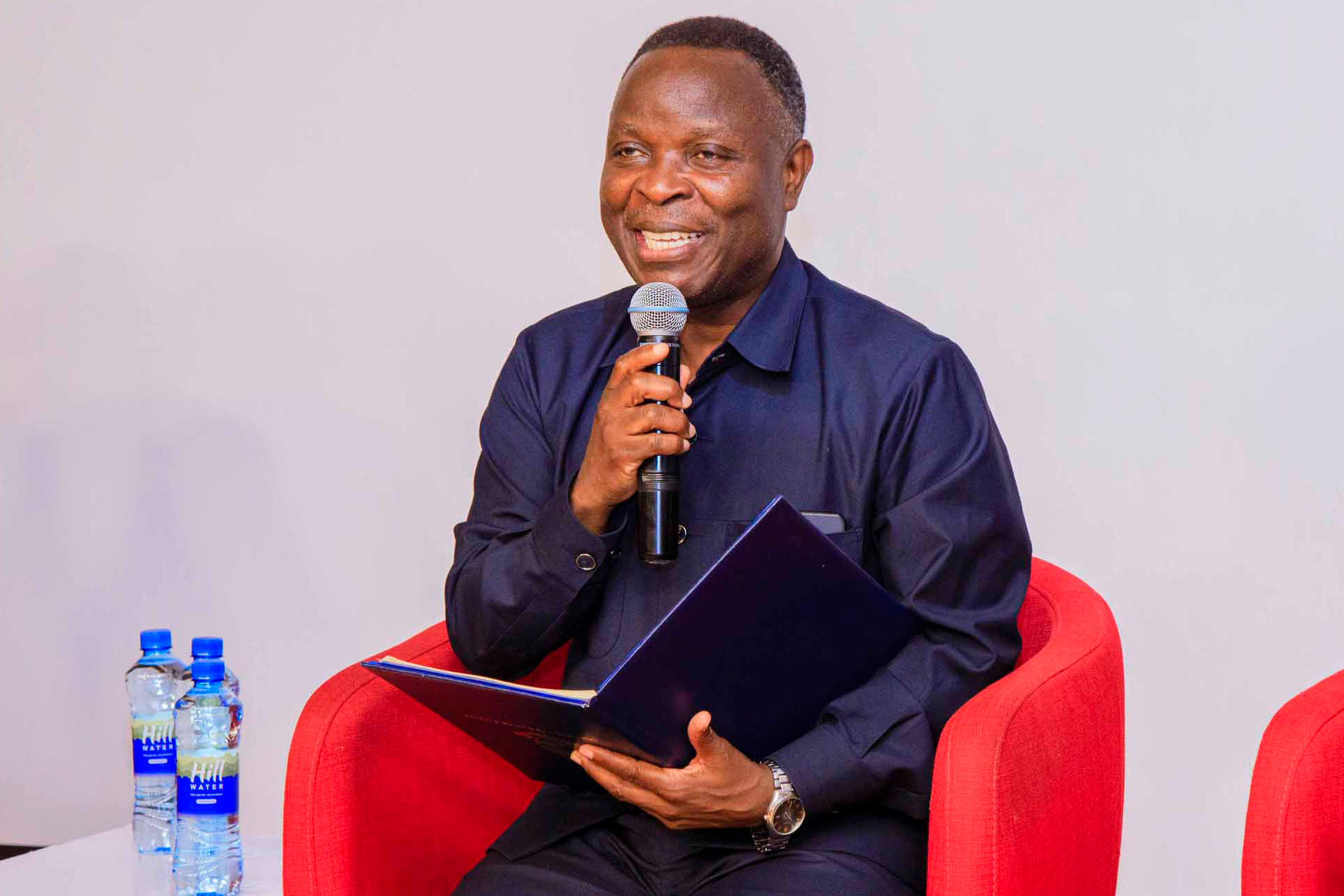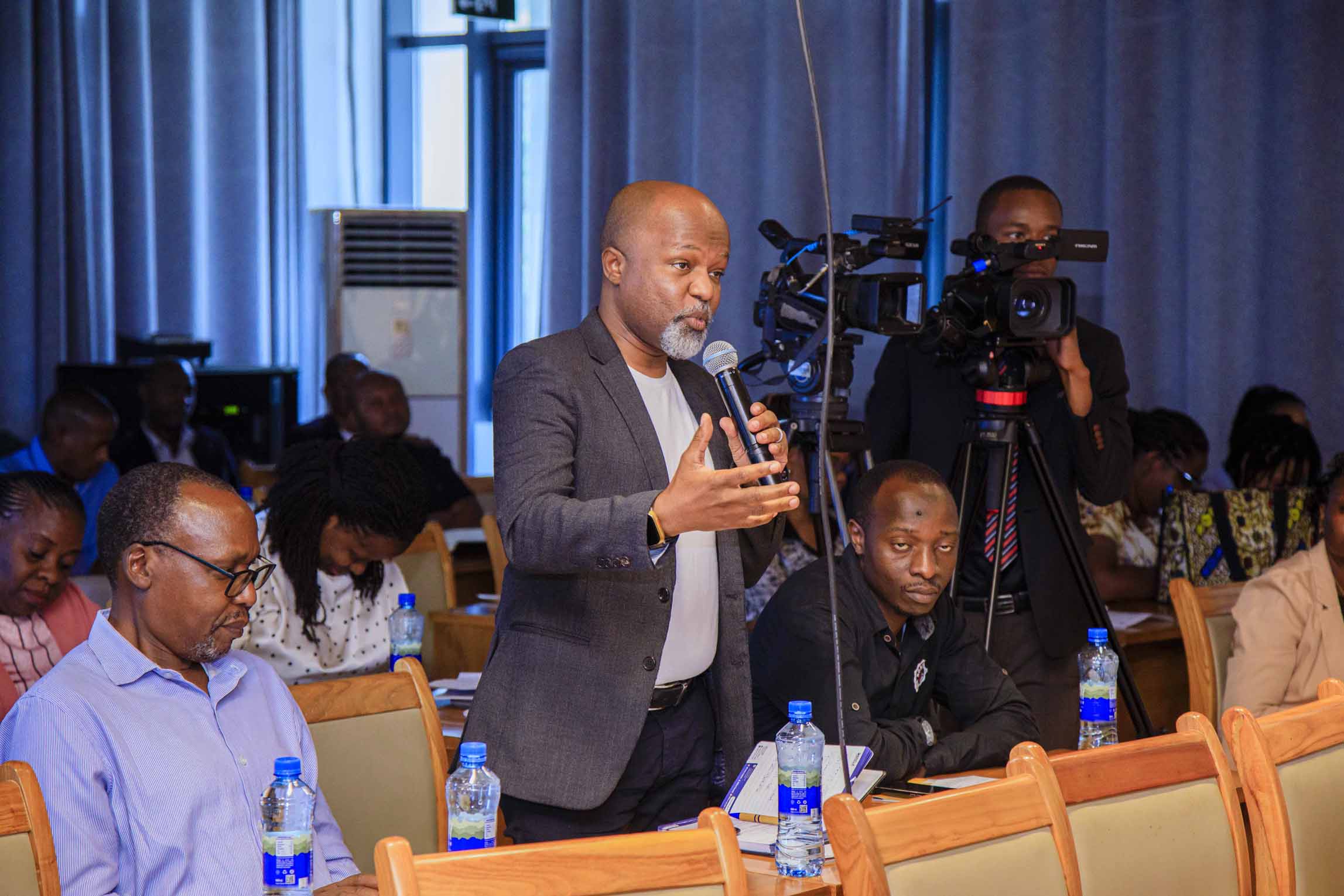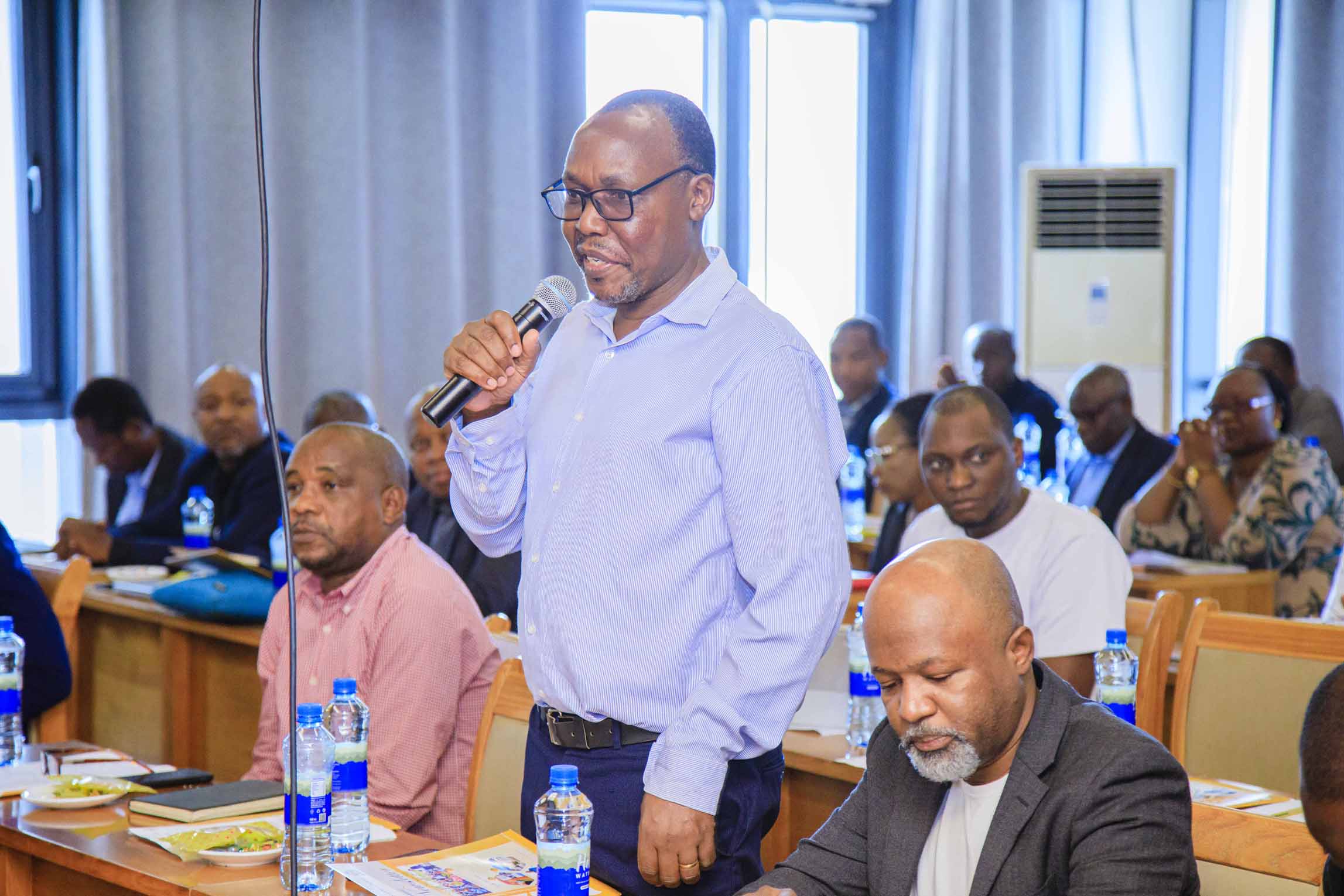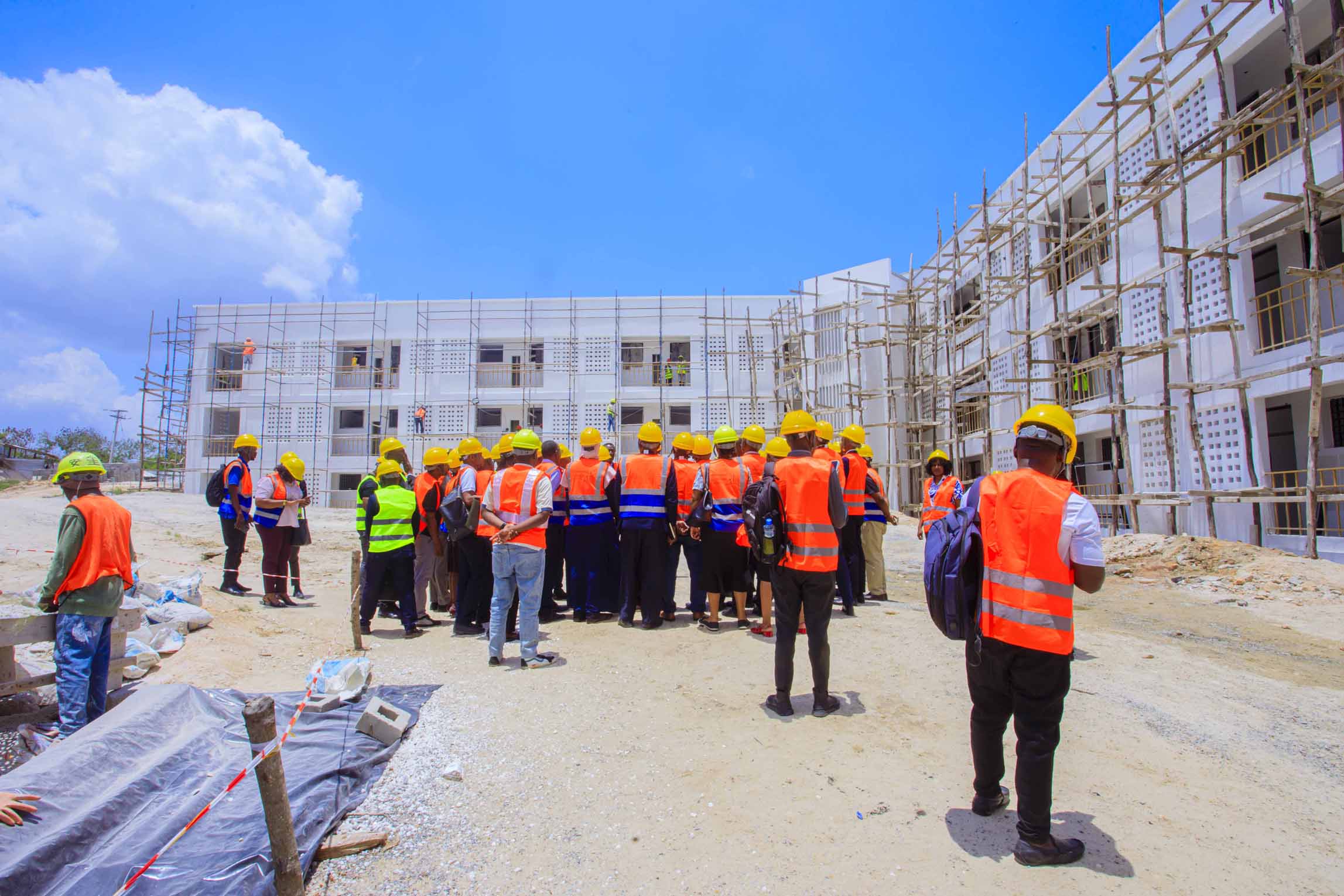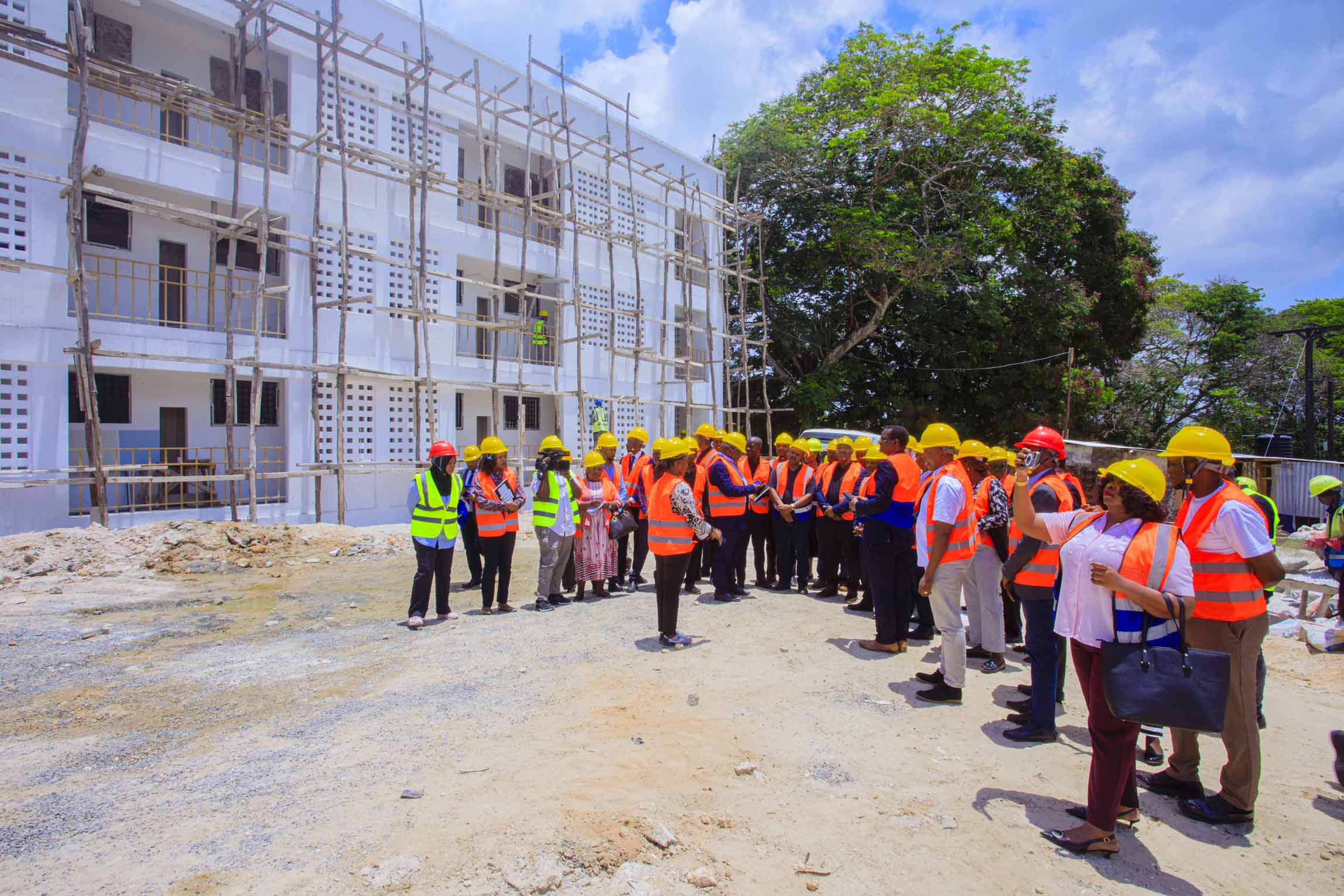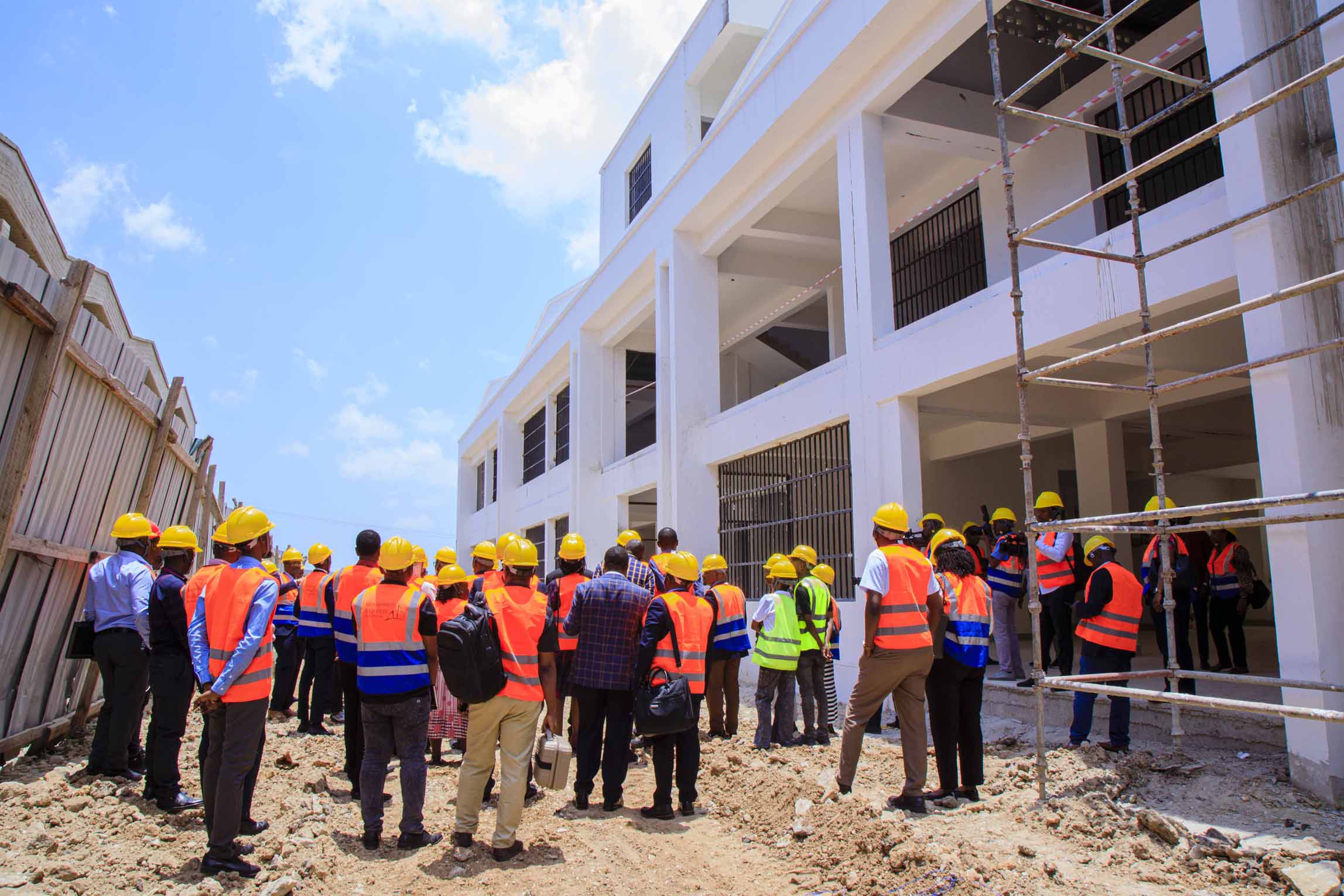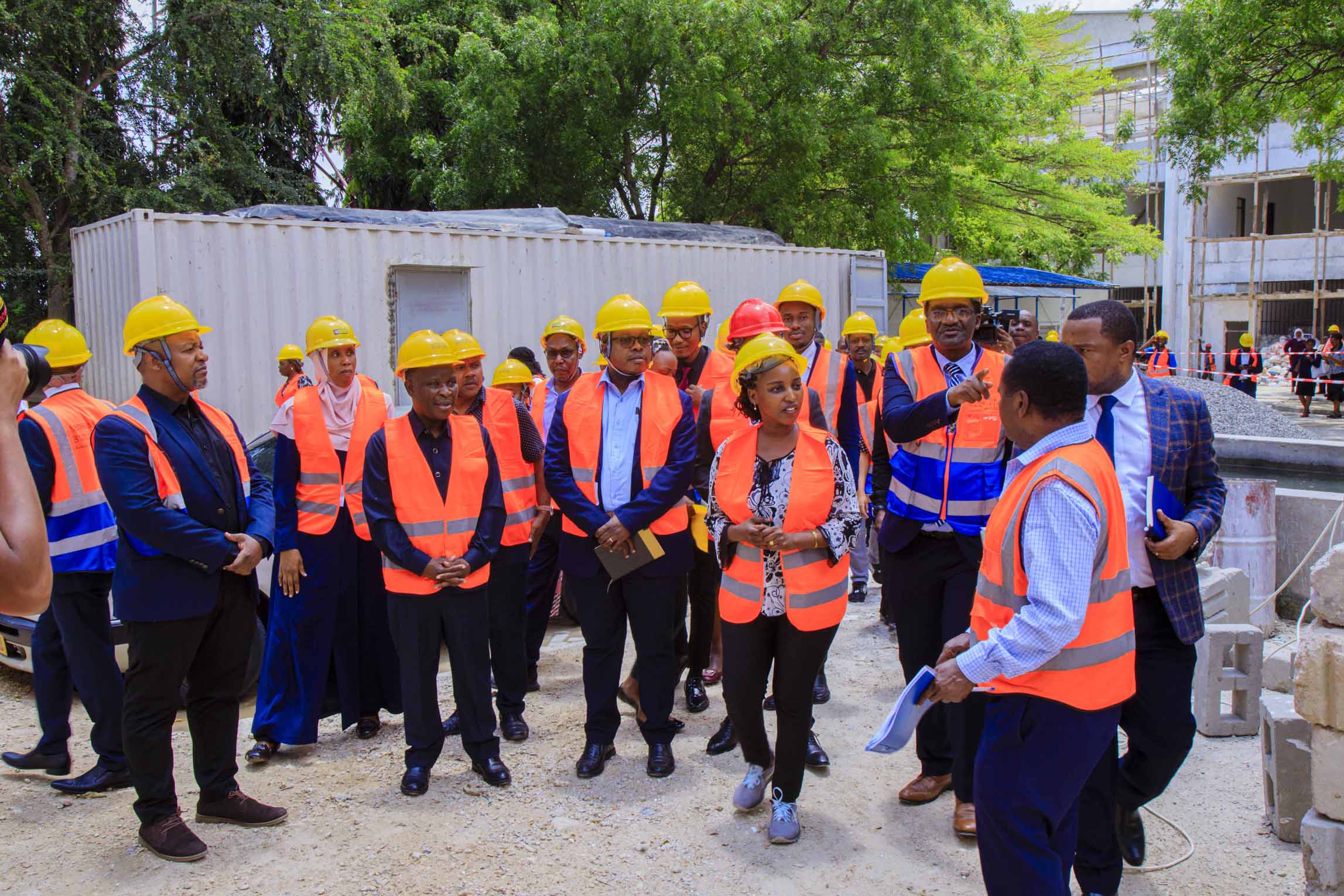UDSM Reports Major HEET Progress, Transforming Higher Education
By Renancy Remmy and Donald Boneka, CMU
The University of Dar es Salaam (UDSM) has demonstrated its leadership in transforming Tanzania’s higher education landscape, achieving over 80 percent implementation of the Higher Education for Economic Transformation (HEET) Project, a flagship national initiative that is redefining the role of universities in skills development, digital learning, and industrial innovation.
Speaking during a meeting with members of the Tanzania Editors Forum (TEF) and journalists from various media houses, held at the University on Tuesday, 21 October 2025, the Vice Chancellor, Prof. William A. L. Anangisye, said the HEET Project represents a new chapter in higher education, one that places innovation, digitalisation, and inclusivity at the centre of national development.
He said the project has enabled the University to expand access to quality education, modernise infrastructure, and strengthen academic and industrial linkages across the country.
“HEET is not just a project; it is a transformation agenda. Through this initiative, UDSM is building new campuses, reviewing curricula, and innovating technologies that prepare graduates to power the industrial and digital economy envisioned by the Sixth Phase Government under the leadership of President Samia Suluhu Hassan”, said Prof. Anangisye.
The Vice Chancellor said the University has reached significant milestones, including construction of 21 new buildings at its campuses in Dar es Salaam, Lindi, Kagera and Zanzibar. These include new hostels, lecture theatres, laboratories, and studios equipped with state-of-the-art learning technologies.
In Lindi, the new campus will host 460 students specialising in crop science and beekeeping. In Kagera, 760 students are expected to enrol in ICT and business-related programmes, while at the Institute of Marine Sciences (IMS) in Zanzibar, new programmes in blue economy have already attracted 139 students pursuing degrees in marine sciences and sustainable fisheries management.
“Through HEET, we are expanding the reach of quality higher education to many parts of the country. From Lindi to Kagera, and from Mlimani to Zanzibar, UDSM is building a national learning network anchored on innovation and inclusivity”, he added. “
UDSM as a leader in digital education
The HEET Project has also positioned UDSM as a leader in digital education. The University has rolled out modern online and blended learning platforms serving over 39,000 students and 600 instructors, supported by a high-speed network with a capacity of 10Gbps, up from the previous 1.5Gbps.
Prof. Liberato Haule, UDSM-HEET Deputy Coordinator said the digital transformation has revolutionised learning and inclusivity at UDSM. “We are proud to have introduced over 1,000 courses online and trained hundreds of staff and students in digital learning. This transformation ensures that UDSM remains a trailblazer in modern higher education in Africa”.
Prof. Haule also said UDSM has completed 250 curriculum reviews, surpassing the national target, with 94 programmes developed in priority disciplines such as engineering, ICT, and applied sciences. The University has also established five Industry Advisory Committees to strengthen collaboration with the private sector and guide curriculum design, internships and industrial training.
He said UDSM has signed 24 memoranda of understanding with major partners including Huawei, Airtel, TTCL, Sandvik and NEMC, providing practical training for over 100 students and industry exposure for 38 academic staff.
Setting a national benchmark
The editors, led by Tanzania Editors Forum Chairperson, Mr. Deodatus Balile, commended the University for its commitment to implementing the HEET Project with excellence and professionalism.
“UDSM has set a national benchmark in how universities can transform education through strategic investment and innovation. What we have seen today, from modern classrooms to digital infrastructure and inclusive facilities, is a model of quality that should be emulated by other higher learning institutions”, said Mr. Balile.
The editors also toured some of the newly completed buildings, including modern laboratories, lecture halls, and the Technology Development and Transfer Centre, where they interacted with staff and beneficiaries of the project.
Prof. Anangisye said the HEET Project aligns with Tanzania’s Vision 2050, the Third Five-Year Development Plan (FYDP III), and the Digital Tanzania Programme, noting that UDSM’s role is central to producing a skilled and innovative workforce for a knowledge-driven economy.
“HEET marks a turning point in Tanzania’s higher education. It is equipping our graduates to think critically, innovate locally, and compete globally. This is the Tanzania of 2050 that we are building”, stressed the Vice Chancellor.


